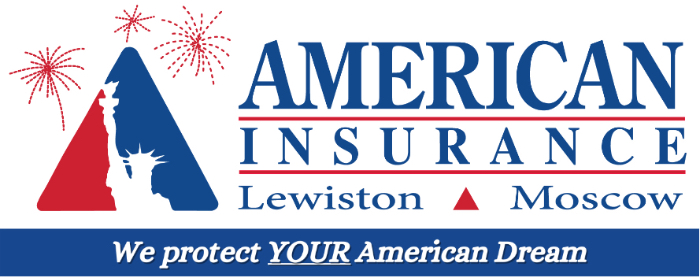Frequently Asked Questions
All You Ever Wanted to Know About Insurance
General Questions: Glossary
General
Actual Cash Value (ACV)
Actual Cash Value is a term used in property and auto physical damage insurance as a method to establish value for loss settlement. It is an attempt to calculate the monetary value of the damaged property at the time of the loss without betterment. ACV is calculated by estimating the replacement cost of the damaged property, then subtracting the depreciation. Depreciation takes into account the useful life of the item and the amount an item has lessened in value since it was purchased, its age, wear and tear, market conditions and obsolescence. The insurance company has the option to pay for the repair of the damaged property or pay the ACV, whichever costs less.
An example of a more detailed definition of ”Actual Cash Value” found in a property insurance policy is:
(1) When damage to property is economically repairable, actual cash value shall mean the cost of materials and labor that would be necessary to repair the damage, less reasonable deduction for wear and tear, deterioration and obsolescence.
(2) When damage to property is not economically repairable or loss prevents repair, actual cash value shall mean the market value of property in a used condition equal to that of the lost or damaged property, if reasonably available on the used market.
(3) Otherwise, actual cash value shall mean the market value of new, identical or nearly identical property, less reasonable deduction for wear and tear, deterioration and obsolescence.


